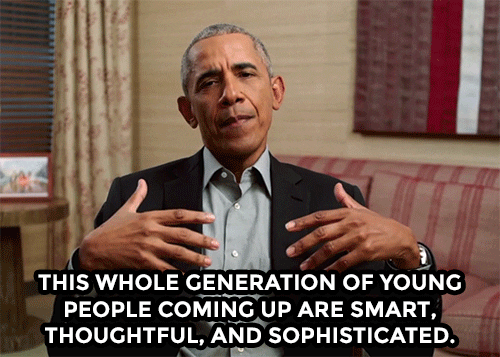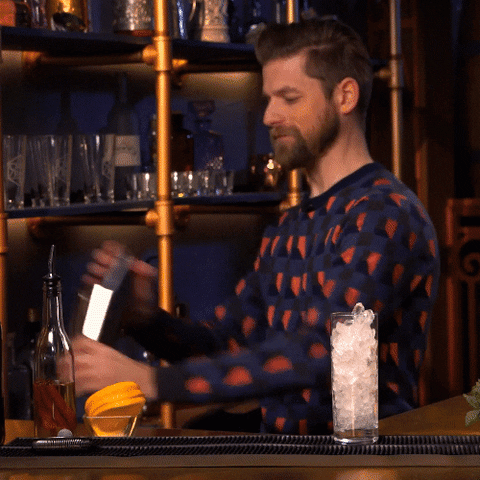Good morning! We, at The Signal and The Intersection, are taking a festival break from November 3 to November 7. This is a short version of our daily newsletter. Season’s greetings to all our readers. Be safe.
ICYMI

Pay nature: Vehicles pay tolls to use highways. Ships pay a fee to pass through the Suez Canal. But no one pays a dime for plying over Oceans. Nobody pays for natural recycling either. Even the costs are not accounted for. Conceptually including nature in economic modelling is not a big, new thing. It is just that natural capital, damage to ecosystems and services that nature provides are not incorporated into economic models in a meaningful way. That needs to change, Cambridge professor, Partha Dasgupta, tells Leslie Hook of the Financial Times.
Culture shock: The Gen Z have made it into the office and they are quite expressive about their dislike of the millennials’ work culture. But their response to the disruptions caused by the pandemic, shows signs of adaptability and humanity. Gen Zers commitment to social causes and the need to make their voice heard can be reasons why some older workers feel uneasy or intimidated by GenZ.
New sperm banks: Facebook groups are emerging as an alternative means to traditional sperm banks in the US, as this Esquire story suggests. It is also the story of Ari Nagel (aka Sperminator), a celebrity sperm donor, who has likely fathered over a hundred biological children.
Horror game: Imagine witnessing your scariest real-life experience in a game. Nineteen-year-old Mukul Negi designed a first-person horror game Fears to Fathom in a planned four-part series. After gaining popularity with the first two chapters, Negi has asked viewers to send real-life horror experiences for the next two chapters.
The price of shame: Monica Lewinsky, probably one of the first people to be cancelled, is on the circuit to promote her show 15 Minutes Of Shame. The show has been on HBO for a while but slipped under the radar. She has been speaking about how public shaming can be akin to violence. For social media, it is a day of bullying, for the person cancelled, it is their life. So, you’ve been publicly shamed by British journalist Jon Ronson is good reading over the long weekend.
What Else Made The Signal?

New oral pill: After Merck’s Molnupiravir, Pfizer has developed an antiviral pill that reportedly reduces the risk of hospitalisation or death by 89%. The drug, Paxlovid, is expected to be another weapon to fight Covid-19 infections at home.
TikTok mocha: Starbucks is struggling to cater to TikTok fans who order complicated drinks concocted by influencers on the video platform. One is called Triple Caramel Threat.
Media buy: Chinese state-owned company Bauhinia is in talks to buy Hong Kong’s South China Morning Post, currently owned by Alibaba group.
Toxic city: New Delhi’s air quality index shot off the charts a day after Diwali as emissions from vehicles and factories combined with fireworks smoke and dust to turn the city into a gas chamber.
Big Blue stores: Facebook, now Meta, which sees its future in metaverse, is also discussing setting up brick-and-mortar retail stores for virtual experiences.
Musk to dial Indian telcos: Space X’s satellite broadband arm Starlink will explore collaborations with local telecom companies once NITI Ayog identifies the dozen districts for it to operate in.
No more free food: India is unlikely to continue with free food rations after November 30 as the economy is picking up, the food secretary has said.
N-power to heat homes: Russia is testing miniature nuclear power plants to heat residences, an innovation, experts say, has environmental benefits.
Want to advertise with us? We’d love to hear from you.
Write to us here for feedback on The Signal.



